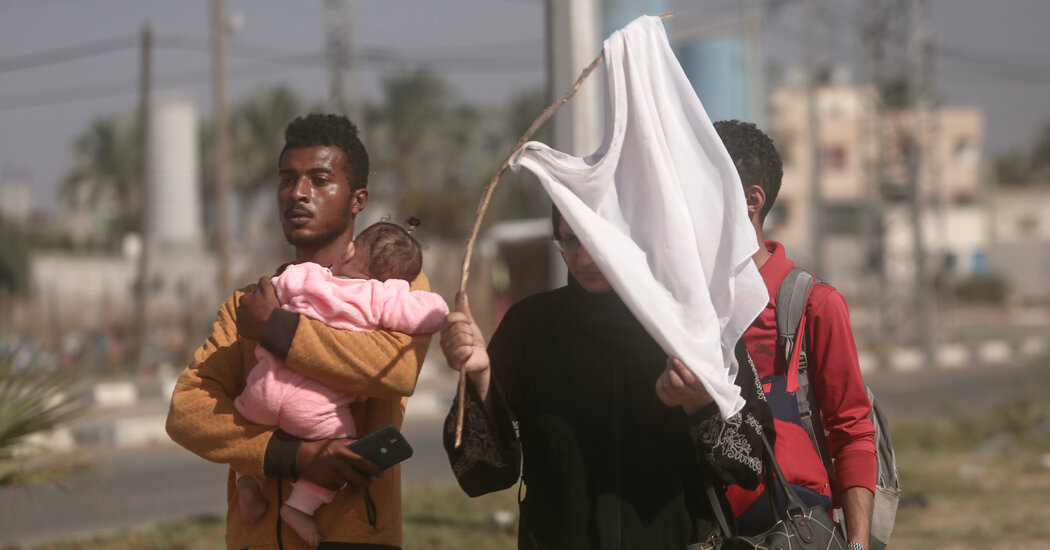- cross-posted to:
- worldnews@lemmy.ml
Before I knew anything about Palestine and Israel, aside from the fact that they’ve been fighting for ages, I saw a short interview of a 10 years old girl in Gaza. She was incredibly well spoken and her eyes were showing a much older age that she actually was, as she explained how hopeless it was too grow up there, that she and her friends did not have any future nor hope, that everything was futile in their lives, and even surviving didn’t make much sense. 10 years old. It was before the carnage going on now, maybe in 2018. I often think about this girl and wonder if she’s even alive today.
I don’t know why I’m sharing this. She just made a big impact on me.
I’ve interviewed Palestinians nearly 10 years my junior (and I’m not that old) and was always impressed by their maturity. They seem to understand things far beyond what most people the same age in my own country can. I truly believe that Palestinians live through the stress, difficulty, hardships, etc that an average person goes through in a lifetime (or more), before they turn 18. It will always stick with me just how intelligent, caring, understanding and mature these kids can be.
Although that was a touching article, the headline made me expect something more like this, which is also depressing:
(Note this goes only to 2021, so needs another column or two)
This is the best summary I could come up with:
According to the World Health Organization, of the more than 180 women delivering babies each day, 15 percent are likely to encounter complications and be unable to obtain appropriate obstetric and pediatric emergency services.
Health research into multiple areas of armed conflict (such as Syria, Afghanistan, Somalia and Kosovo) reveals that these kinds of conditions are linked to an increase in miscarriages, congenital abnormalities, stillbirths, preterm labor and maternal mortality.
Other studies of armed conflict from 1945 to 2017 show that children exposed to war are more likely to suffer from poor living conditions and sanitation, and multigenerational poverty caused by the loss of educational and economic infrastructure.
Pregnancy and childbirth occur in a sociopolitical context; repeated military assaults, the collapse of the health care system and food supply, the absence of adequate shelter and general safety, have lasting impacts on mothers and babies — well after the fighting is quelled.
For mothers, hemorrhage, infection, thromboembolic disease, pregnancy-induced hypertension, obstructed labor and unsafe pregnancy terminations have been the leading causes of maternal mortality.
Medical resources and food are trickling in, but aid groups in southern Gaza report that they can meet only 25 percent of the needs for two months for malnourished children and their vulnerable mothers.
The original article contains 1,120 words, the summary contains 207 words. Saved 82%. I’m a bot and I’m open source!




